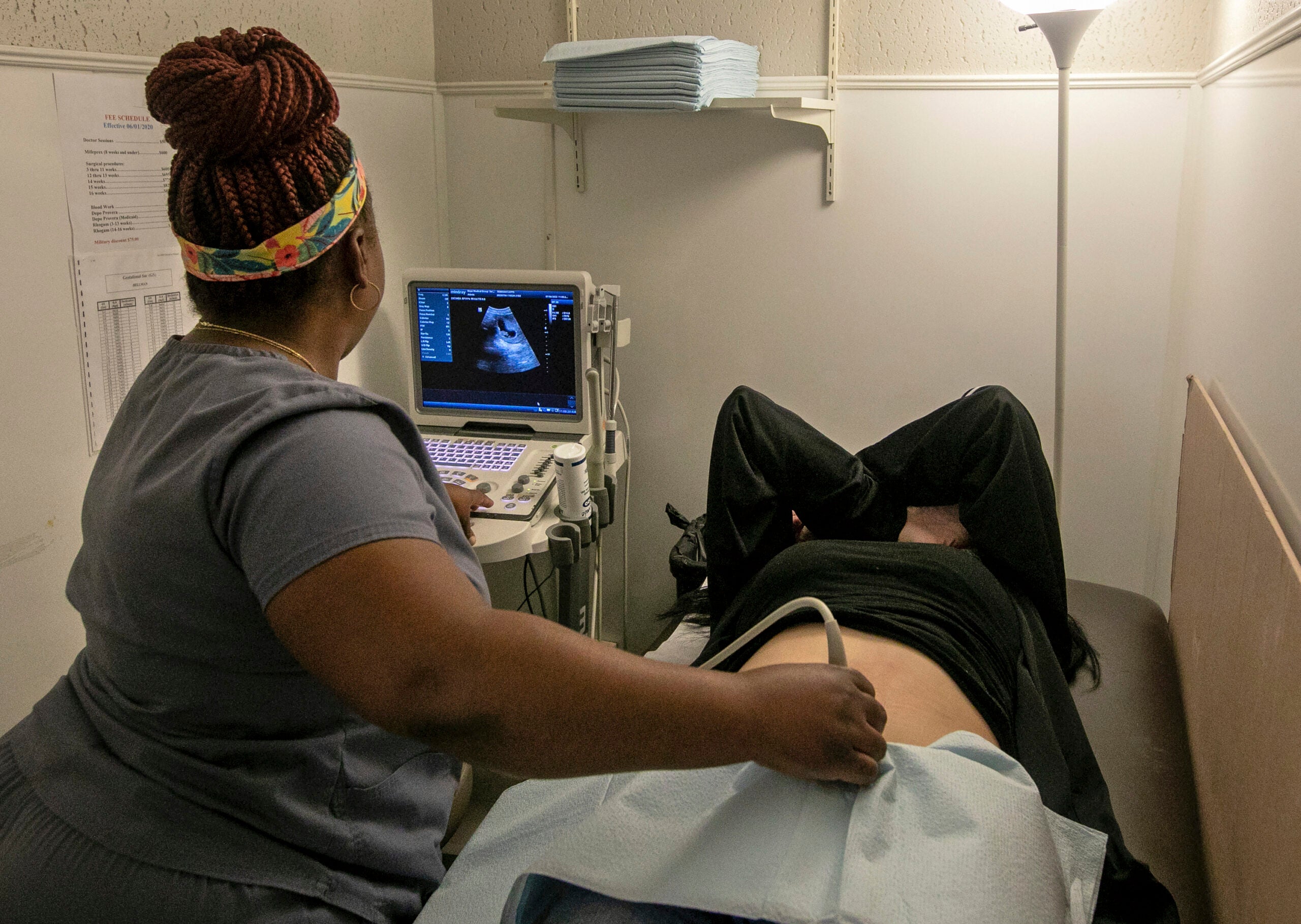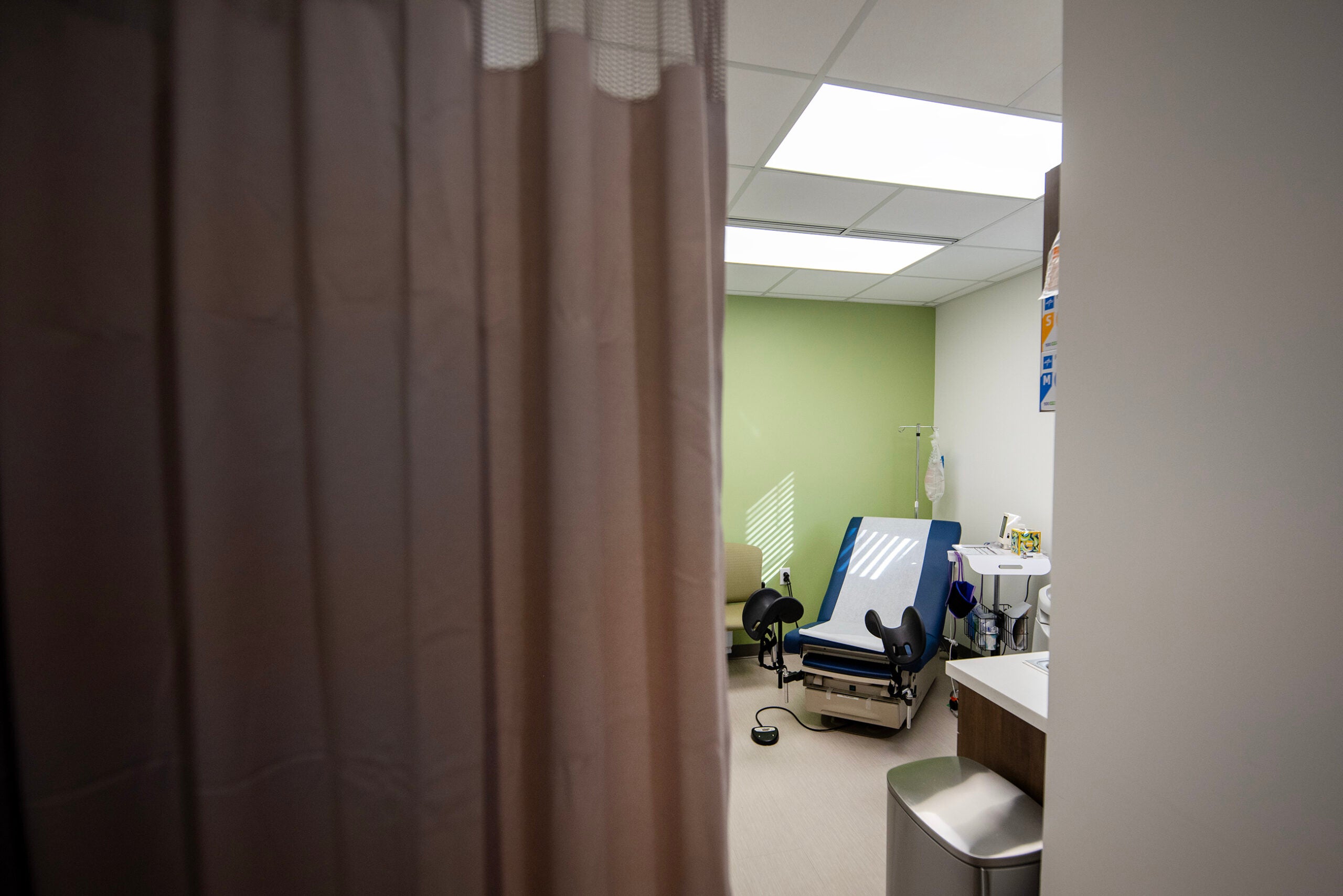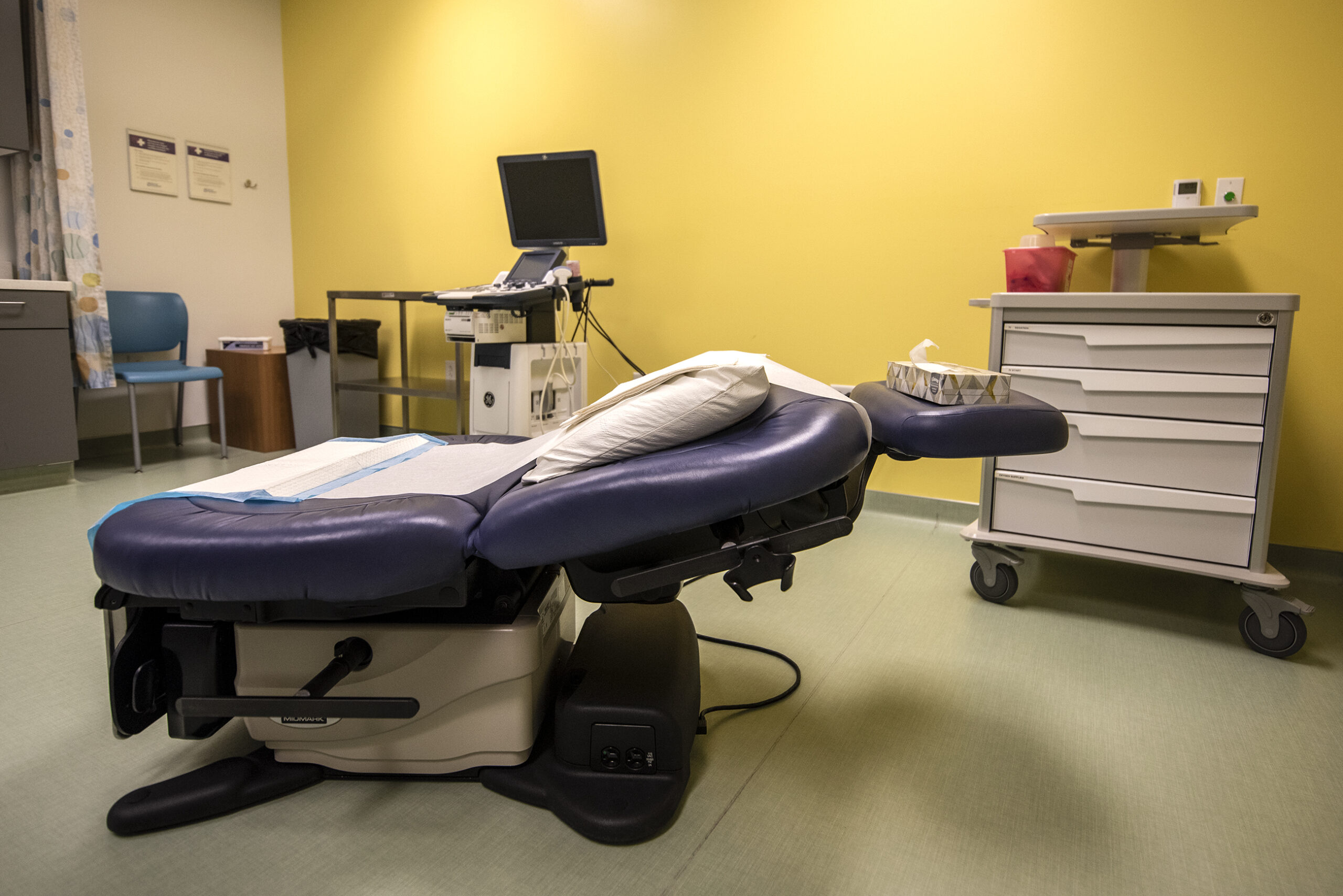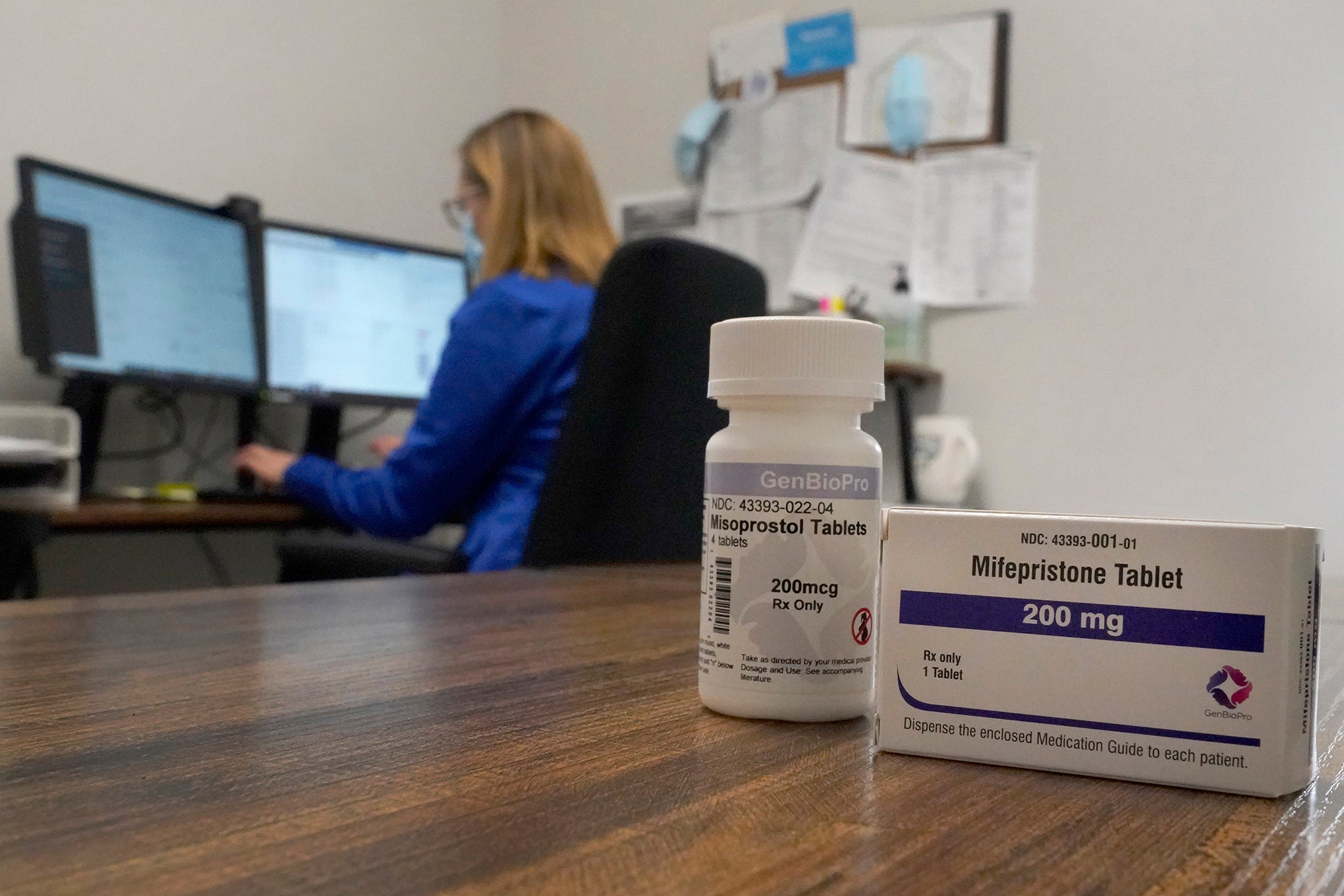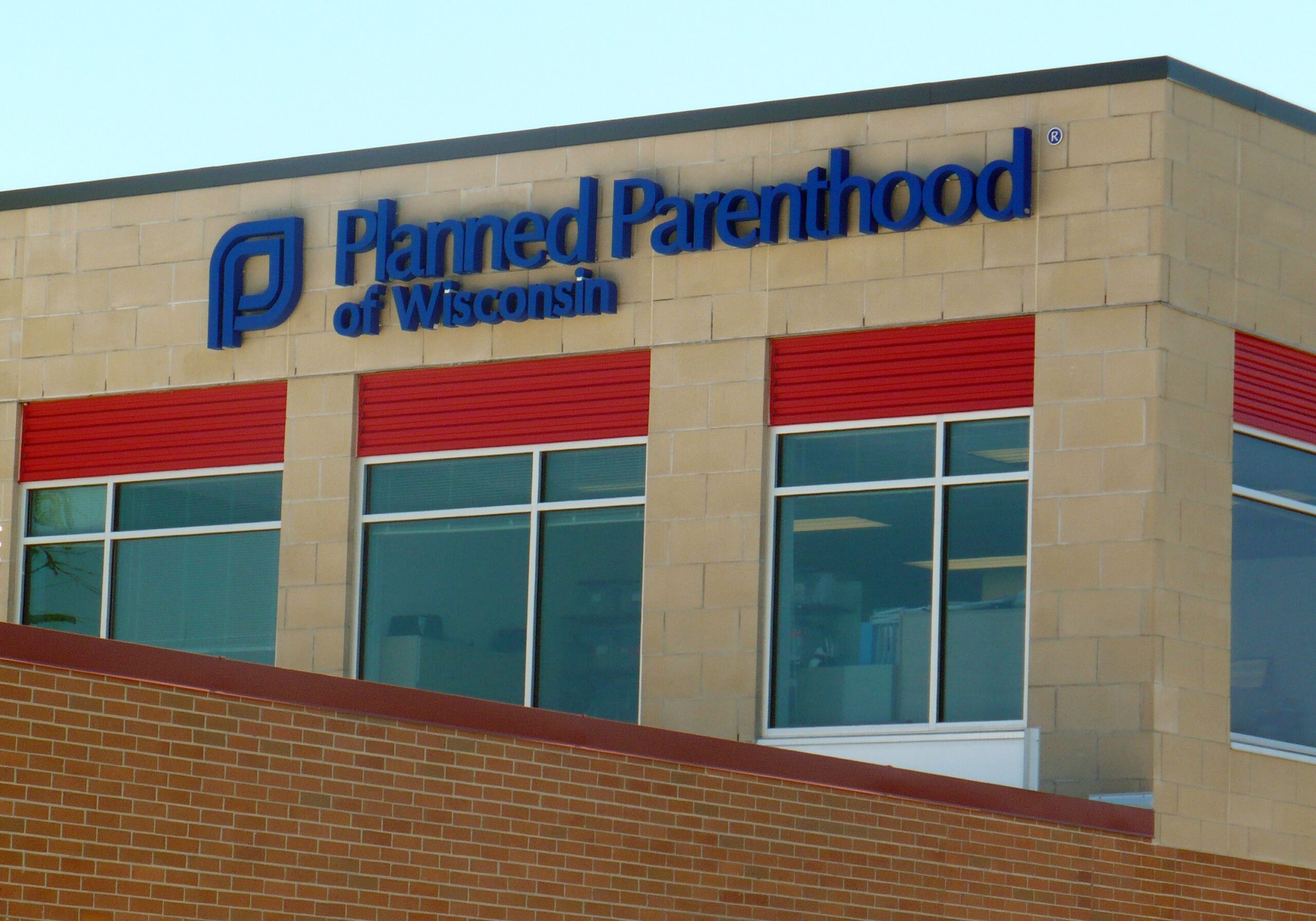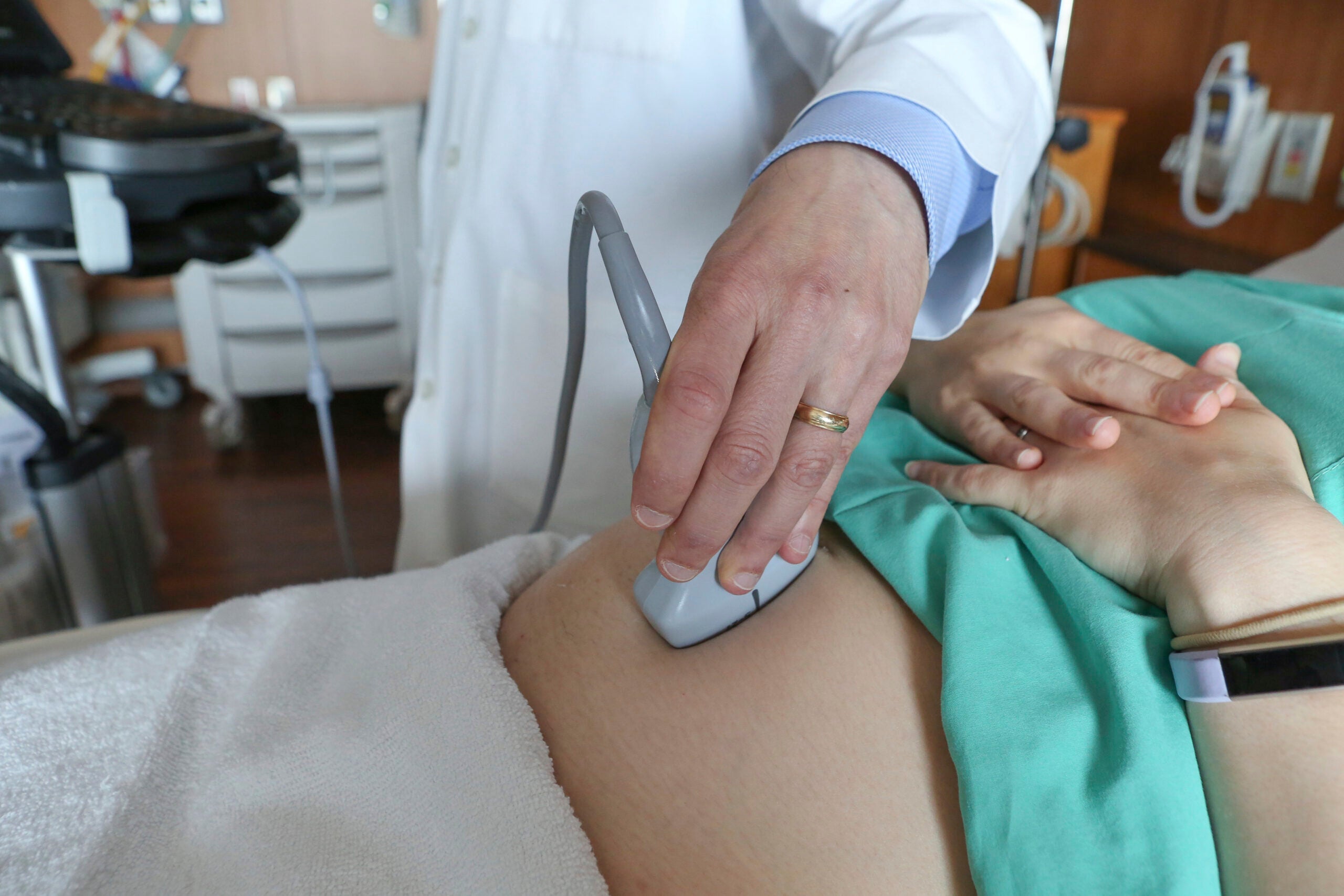When the U.S. Supreme Court overturned Roe v. Wade in its historic June 2022 Dobbs opinion, all abortion providers in Wisconsin immediately stopped providing the service, citing fears that they could be charged with felonies under a state law first written in 1849 that still remains on the books.
For more than a year after, virtually no legal abortions took place in Wisconsin. Now, data is beginning to show how that affected birth rates.
Using provisional data from the first half of 2023, a new study from the IZA Institute of Labor Economics estimates that births in Wisconsin went up by about 2.5 percent. It estimates that 1,503 more babies were born in Wisconsin as a direct result of the Dobbs decision and the halting of abortion services in the state.
News with a little more humanity
WPR’s “Wisconsin Today” newsletter keeps you connected to the state you love without feeling overwhelmed. No paywall. No agenda. No corporate filter.
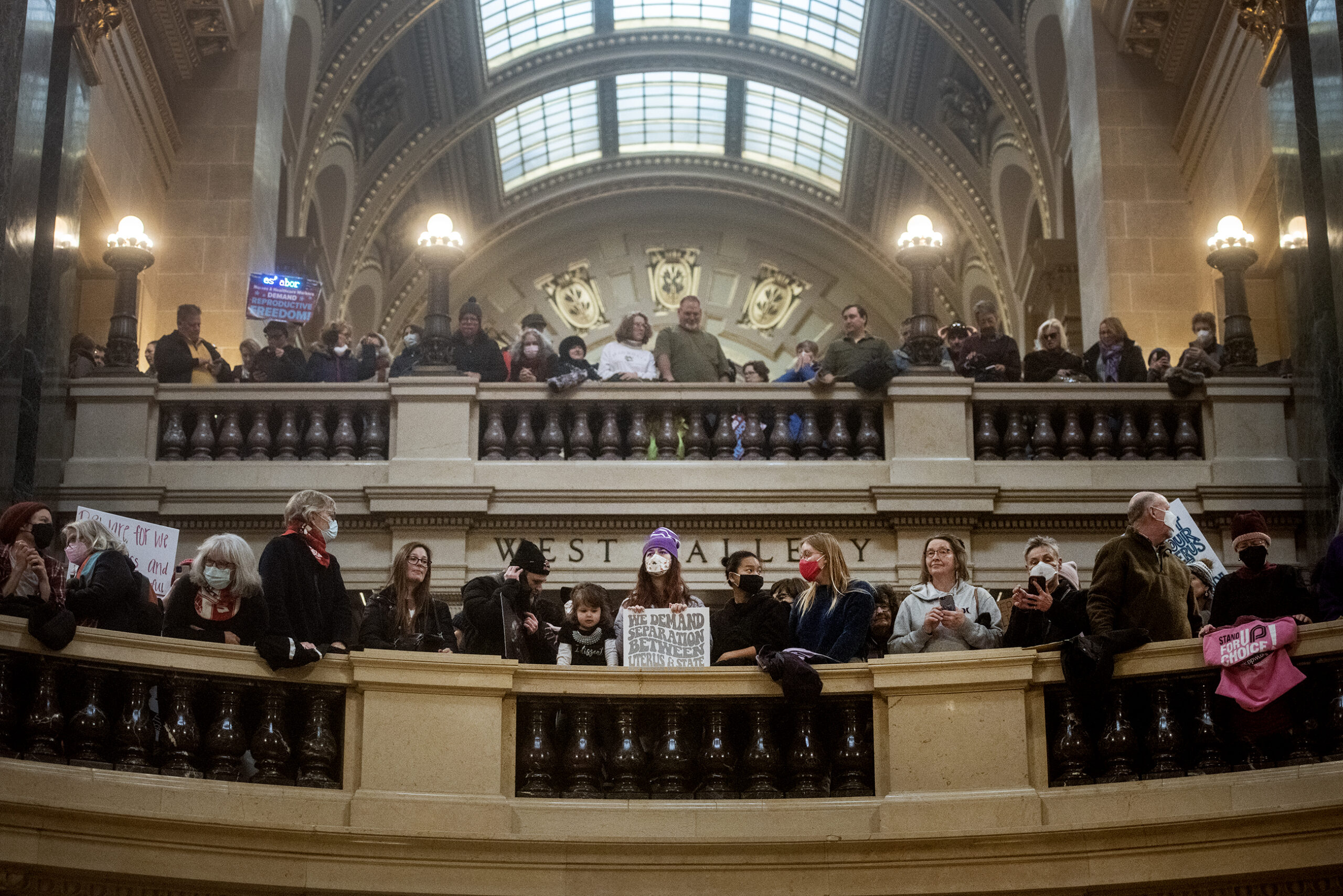
Caitlin Myers is an economics professor at Middlebury College, and one of the study’s authors. She said while that number may seem small relative to the total number of babies born each year, it represents a big change.
“That number suggests that about 1 in 5 people in Wisconsin who wanted an abortion and would have obtained one if Wisconsin’s facilities had remained open were not able to obtain an abortion because they closed,” she said.
The study also found that the average Wisconsin woman faced an increase in driving distance of about 44 miles to the nearest abortion facility. But in some areas of the state, not much changed, Myers said. Pre-Dobbs, there were four abortion clinics in the state, located in Milwaukee, Madison and Sheboygan.
“There are places in Wisconsin, where populations are still plenty far enough away from abortion facilities, mostly in Michigan and Minnesota, that they’re still just going to be trapped,” she said.
The study was conducted using provisional data from the Centers for Disease Control and Prevention. Official birth count data from the first year post-Dobbs are expected to be reported in 2024, but Myers does not expect any changes that would alter the study’s findings significantly.
‘It’s very likely that that fraction is among the poorest and most vulnerable’
In the months that followed the Dobbs decision, many Wisconsin abortion seekers traveled across state lines to obtain the procedure or medication. Wisconsin abortion providers also made regular trips to states like Illinois where they could continue their work. But Myers said some people couldn’t afford to make those kinds of trips.
“It’s very likely that that fraction is among the poorest and most vulnerable of Wisconsin’s residents who are seeking abortions who weren’t able to figure out how to get someplace like Chicago,” she said.
Still, Myers said the numbers will be interpreted differently by groups with different political beliefs.
“Some people will look at 1,500 and say that is 1,500 Wisconsin residents whose reproductive rights were impeded by lack of access to abortion,” she said. “Other people will look at that exact same number and say that’s 1,500 lives that were saved, depending on their ethical stance.”
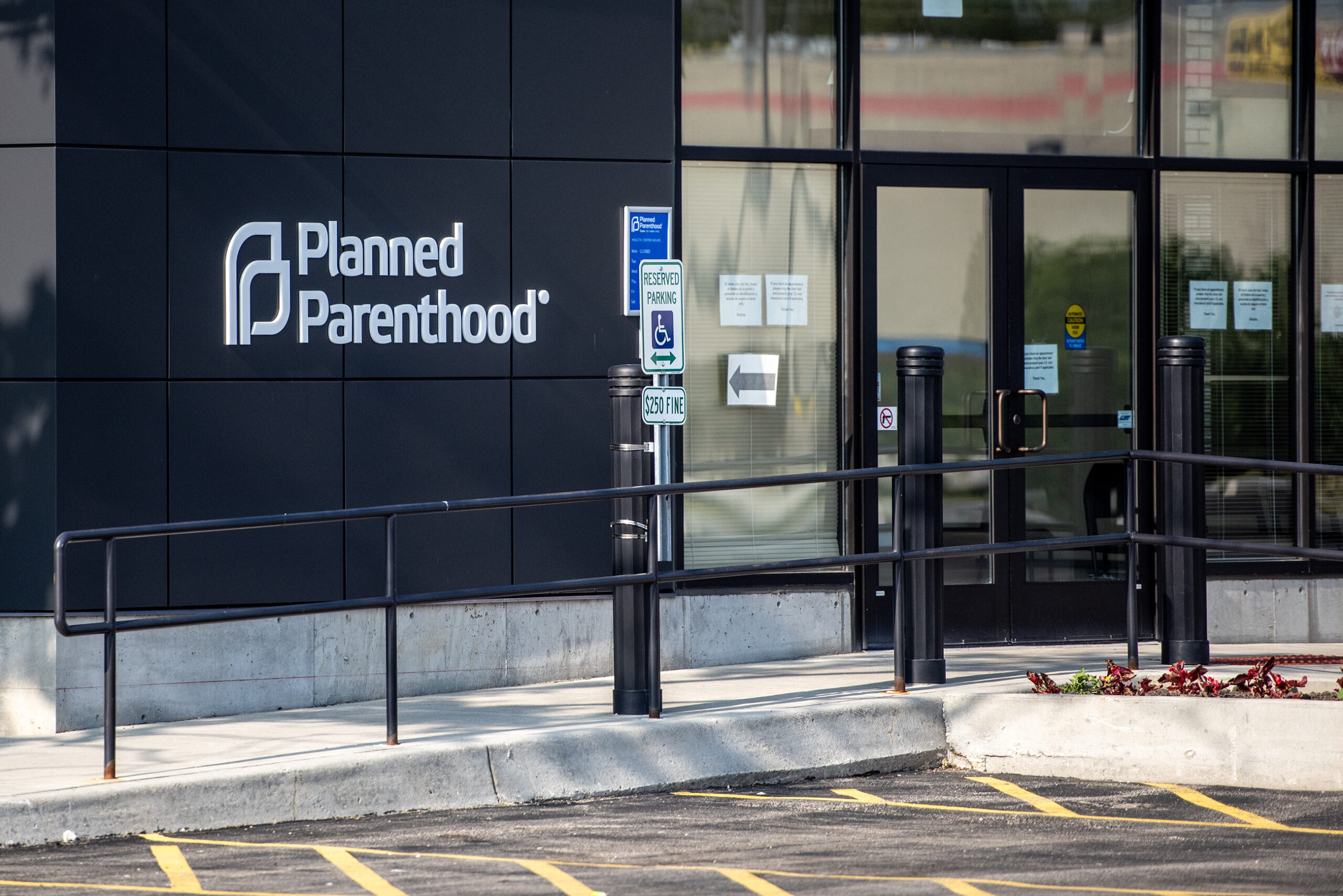
FOR MORE: How We Got Here: Abortion in Wisconsin since 1849
In an opinion column in the Wisconsin State Journal, two University of Wisconsin-Madison professors wrote that the additional births caused harm to Wisconsin communities.
“Dobbs is just the latest abortion restriction to harm Wisconsinites, especially low-income Wisconsinites,” wrote Tiffany Green, associate professor of population health sciences and obstetrics, and gynecology, and Jenny Higgins, director of the Collaborative for Reproductive Equity. “In our role as scientists and public health professionals, we conclude that the evidence is clear: Restrictions and policies in our state that make abortion inaccessible and unaffordable harm the health and well-being of Wisconsin families.”
Dan Miller, state director of ProLife Wisconsin, said he was pleased to see the birth numbers in the study, although they were lower than he expected.
“Anytime you can save even one baby, it’s good news,” he said.
Miller said he’s heard from numerous women who either decided against having an abortion or were not able to get one after Dobbs, and he’s looking forward to seeing if the final data shows even more births than the study did.
In September 2023, Planned Parenthood of Wisconsin resumed abortions in the state, citing a ruling from a Dane County judge that said the 1849 law pertains to feticide rather than consensual abortion. As of Dec. 28, it is resuming abortions at all three of its clinics that were providing the service before Dobbs.
Myers said she expects the birth rate will return to previous levels if abortion services continue in the state.
The Dane County ruling is being appealed to the Wisconsin Supreme Court.
Wisconsin Public Radio, © Copyright 2025, Board of Regents of the University of Wisconsin System and Wisconsin Educational Communications Board.

